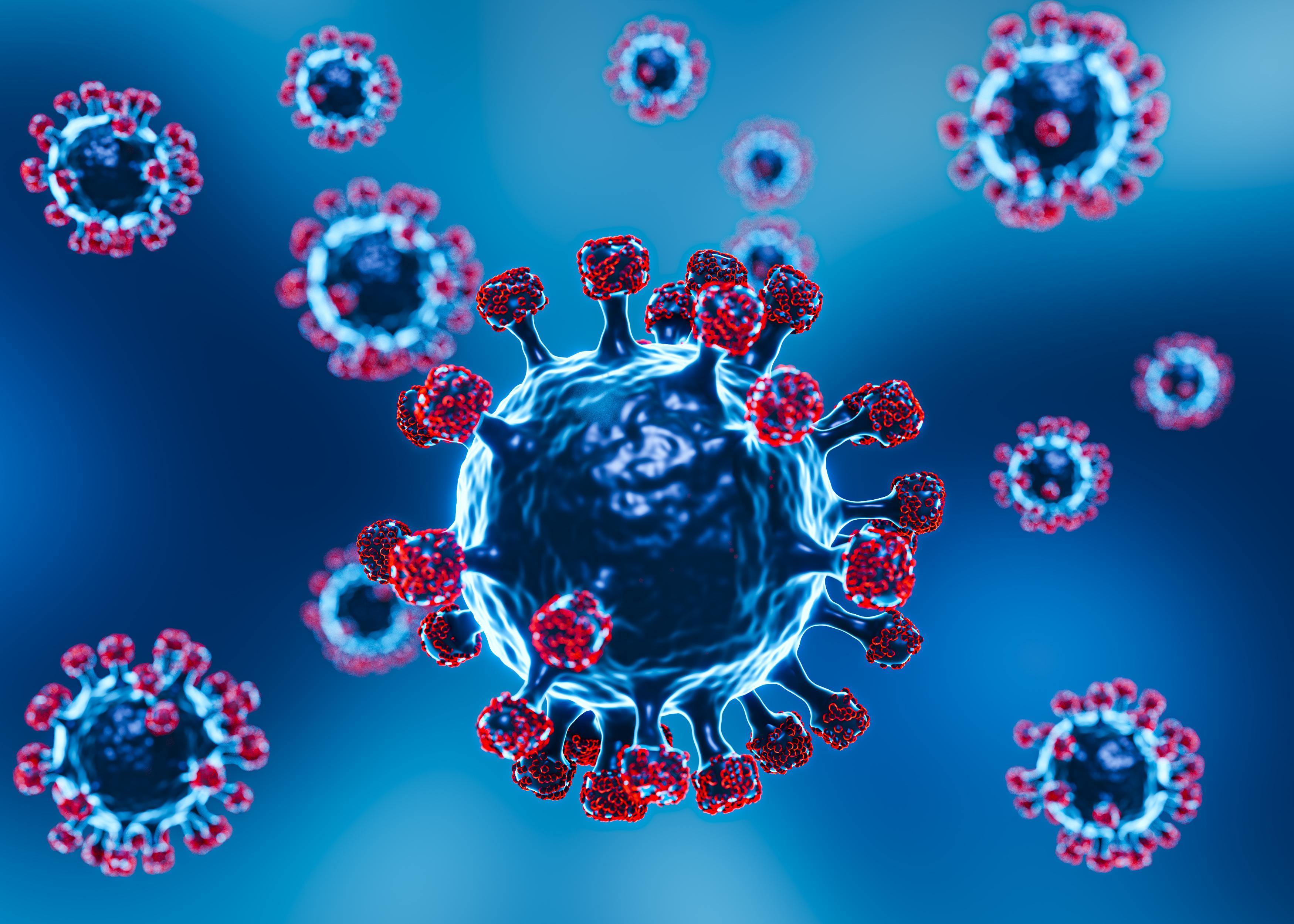
Covid-19
Coronavirus disease (COVID-19) is an infectious disease caused by the SARS-CoV-2 virus, a new strain of coronavirus that has not previously been identified in humans. Most people infected with the virus will experience mild to moderate respiratory illness and recover without requiring special treatment. However, some will become seriously ill and require medical attention. Older people and those with underlying medical conditions like cardiovascular disease, diabetes, chronic respiratory disease, or cancer are more likely to develop serious illness. Anyone can get sick with COVID-19 and become seriously ill or die at any age. The best way to prevent and slow down transmission is to be well informed about the disease and how the virus spreads. Protect yourself and others from infection by staying at least 1 metre apart from others, wearing a properly fitted mask, and washing your hands or using an alcohol-based rub frequently. Get vaccinated when it’s your turn and follow local guidance. The virus can spread from an infected person’s mouth or nose in small liquid particles when they cough, sneeze, speak, sing or breathe. These particles range from larger respiratory droplets to smaller aerosols. It is important to practice respiratory etiquette, for example by coughing into a flexed elbow, and to stay home and self-isolate until you recover if you feel unwell.
Symptoms of COVID-19
COVID-19 symptoms can include:
- a high temperature or shivering (chills) – a high temperature means you feel hot to touch on your chest or back (you do not need to measure your temperature)
- a new, continuous cough – this means coughing a lot for more than an hour, or 3 or more coughing episodes in 24 hours
- a loss or change to your sense of smell or taste
- shortness of breath
- feeling tired or exhausted
- an aching body
- a headache
- a sore throat
- a blocked or runny nose
- loss of appetite
- diarrhoea
- feeling sick or being sick
The symptoms are very similar to symptoms of other illnesses, such as colds and flu.
Most people feel better within a few days or weeks of their first COVID-19 symptoms and make a full recovery within 12 weeks. For some people, it can be a more serious illness and their symptoms can last longer.
What to do if you have symptoms of COVID-19
You may be able to look after yourself at home if you have COVID-19 or symptoms of COVID-19.
Try to stay at home and avoid contact with other people if you or your child have symptoms and either:
- have a high temperature
- do not feel well enough to go to work, school, childcare, or do your normal activities
You can go back to your normal activities when you feel better or do not have a high temperature.
If your child has mild symptoms such as a runny nose, sore throat or mild cough, and they feel well enough, they can go to school or childcare.
